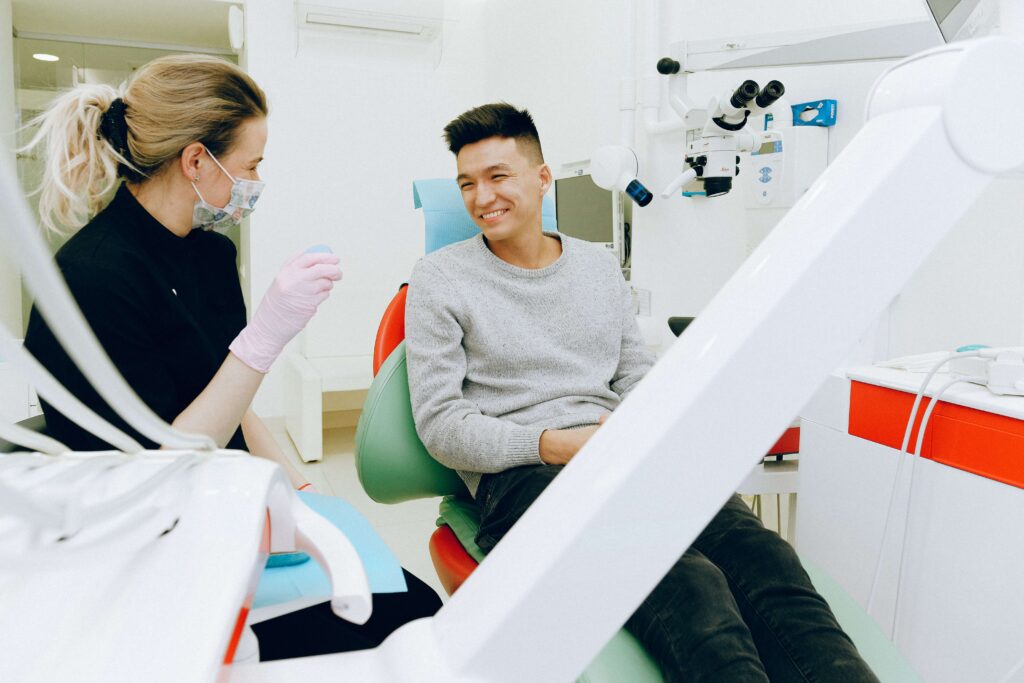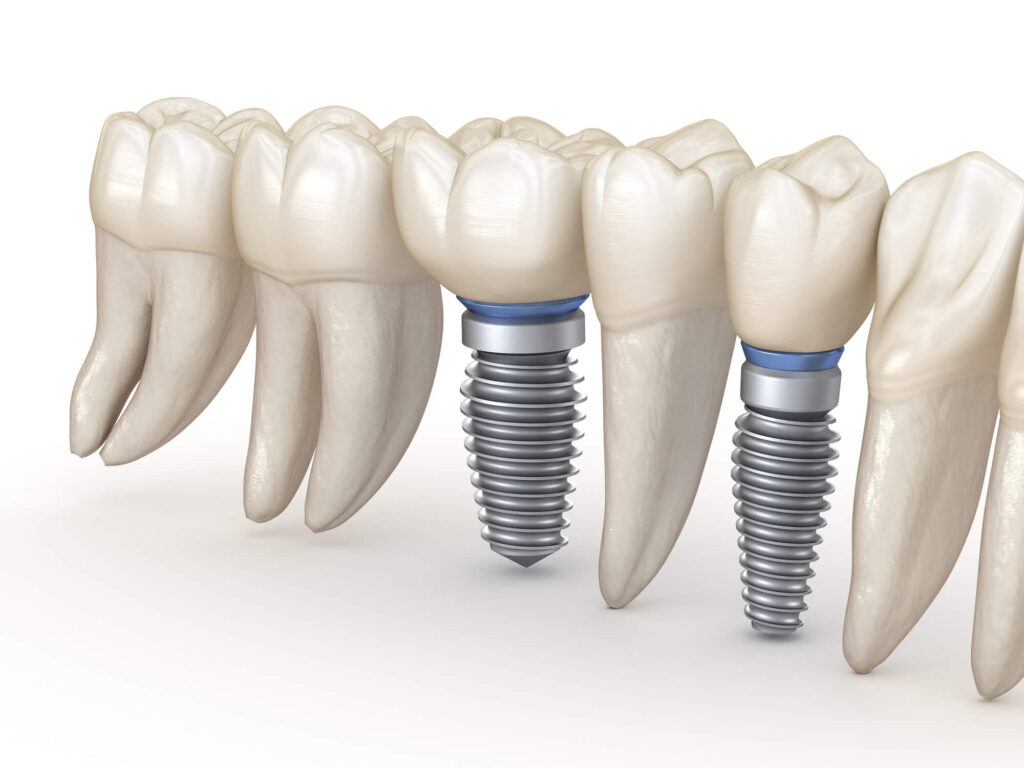If you’re considering dental implant procedures, you might wonder about the timeframe for getting your new smile. The process can vary depending on several factors, but with the All-on-4® dental implant technique, you can enjoy the benefits of a beautiful, functional smile relatively quickly.
Let’s take a closer look at the timeline for cheap All-on-4® dental implants and help you understand what to expect throughout the journey to affordable and efficient tooth replacement.
Timeline for an All-on-4® Dental Implant Procedure
These implants are strategically placed in areas of the jawbone with the highest bone density, which allows for greater stability and support. Once the implants are placed, a temporary prosthetic is attached to them while your jawbone heals and fuses with the implants.
Initial Consultation
Start by booking an initial consultation at a respected dental clinic. At this appointment, you can discuss your oral health, goals, and concerns with the dental team. They will assess your suitability for the procedure, conduct X-rays and impressions, and create a personalized treatment plan tailored to your needs.
Treatment Planning
After your first meeting with the dental team, they will carefully plan your All-on-4® procedure. This involves using advanced technology like 3D computer imaging to map out the precise placement of implants. This step is vital to the success and efficiency of your treatment.
Implant Placement
On the day of your implant surgery, you’ll arrive at the dental clinic, where the dental team will administer local anesthesia or sedation for your comfort. The skilled professionals will then strategically place four dental implants in your jawbone to serve as a sturdy foundation for your new teeth. This step typically takes a few hours.
Temporary Teeth
Following implant placement, you won’t have to wait long to enjoy the benefits of your new smile. In many cases, temporary teeth can be attached to the implants on the same day. These temporary teeth allow you to maintain your appearance and functionality while your permanent prosthetic is being crafted.
Healing Period
After the initial procedure, your body needs time to heal and allow the implants to fuse with your jawbone in a process called osseointegration. This healing period typically lasts a few months, during which you’ll visit your dental clinic for regular check-ups to monitor your progress.
Final Prosthetic Placement
Once your implants have fully integrated with your jawbone, it’s time to place your permanent prosthetic. This step involves creating custom-made, natural-looking teeth that will be securely attached to your implants. The dental team will ensure your new smile is comfortable, functional, and aesthetically pleasing.
 Are You Looking for Cheap All-on-4® Dental Implants?
Are You Looking for Cheap All-on-4® Dental Implants?
The All-on-4® dental implant procedure is an innovative approach to tooth replacement that provides a faster turnaround than traditional dental implant methods.
Book a consultation with the Center for Implant Dentistry today if you want to achieve a beautiful and functional smile through affordable All-on-4® dental implants. Our experienced team can guide you through the process, providing expert care and support every step of the way. Contact us today!
*Nobel Biocare, NobelProcera, NobelGuide and All-on-4 are trademarks of the Nobel Biocare group.


 Are You Looking for Cheap All-on-4® Dental Implants?
Are You Looking for Cheap All-on-4® Dental Implants? The All-on-4® Concept
The All-on-4® Concept The Cost of All-on-4® Dental Implants is Worth the Investment!
The Cost of All-on-4® Dental Implants is Worth the Investment! The All-on-4® Dental Implants: A Game-Changer
The All-on-4® Dental Implants: A Game-Changer All-on-4® Dental Implant Cost Is Worth It!
All-on-4® Dental Implant Cost Is Worth It!








